Give Yourself the Gift of Good Tax Planning
Givens LLP | DEC 21 2023
SHARE
As the winter winds sweep through Alberta, carrying whispers of the holiday season, Givens LLP warmly extends a hand to guide you through the year-end financial maze. Beyond the joyous festivities and cozy gatherings, there lies a realm of prudent financial planning that can save you from unwelcome surprises when tax time comes knocking.
At Givens LLP, we are excited about helping you navigate these necessary considerations to ensure you make the most of your fiscal year-end. Below, we've outlined some timely tax-saving tips to maximize your financial well-being for the upcoming year.
Consider Tax Loss Harvesting
'Tis the season to make the most of your investments, which means strategically managing your losses. One way to do this is through a practice called "Tax Loss Harvesting."
When your investment portfolio includes stocks, assets, or securities that have seen a decline in value, consider selling them before the year-end (in most cases, this will mean December 27th, 2023, to account for trade settlement). These realized losses can offset capital gains from other investments, reducing your overall tax liability. You'll report these transactions on Schedule 3 of your T1 income tax return. But also be aware of the "superficial loss" rule. This prevents you (or a spouse/their company) from repurchasing the same or similar investments within 30 days.
Did you know that if you had a taxable loss in the current year, you can go back 3 tax years and apply that loss against those years? It's helpful to look at what year you had the highest average tax rate and then recover tax from that higher rate year.
Discuss this strategy with one of our CPAs to help provide direction to your financial advisor.
Reporting Charitable Donations for 2023
The holiday season is a perfect time for giving, but it can also be a tax-savvy move. Donations to registered charities or qualified donees are eligible for a non-refundable tax credit. In Canada, federal charitable donations are claimed at the lowest tax rate (currently 15%), up to a maximum of 75% of your net income. To optimize your tax savings, ensure you keep receipts and use Form T2202A - Federal Worksheet to calculate your charitable donation tax credits. Remember that charitable donations must be made by December 31st to claim the credit for the current tax year.
Did you know that your donation doesn’t need to be cash? You can donate stock as well. The strategy here is to donate stocks that have increased significantly in value. You’ll essentially avoid the capital gain tax on that stock, PLUS get a donation tax credit on the market value of the stock donated. It's an excellent way to give back while saving some serious tax if you have a large investment portfolio with accumulated gains.
RRSP/TFSA Considerations for Albertans
Registered Retirement Savings Plans (RRSPs) and Tax-Free Savings Accounts (TFSAs) are essential tools in your tax-saving arsenal. Contributing to an RRSP can reduce your taxable income and allow you to grow your retirement savings tax-deferred. The deadline for RRSP contributions for the current tax year is typically 60 days after the end of the year, which falls in late February or early March.
While TFSAs offer tax-free growth and withdrawals, there are annual contribution limits to consider. If you've reached your limit for the current year (your contribution room can be found on CRA’s My Account page or your 2022 Notice Of Assessment), you'll need to wait until the following year to contribute more.
Another tax-derring strategy is to take advantage of the First Home Savings Account (FHSA). The FHSA is a new registered plan that can help you prepare for buying a first home without paying tax on your savings. If the account creator is at least 18 (and no less than the age of majority in their province), has a Social Insurance Number (SIN), and has not owned a primary residence at any time in the past four calendar years, they may be eligible to open an FHSA. Benefits include a tax-free place to save up to $40,000 for a first home, up to 15 years of tax-free contributions, and any unused contribution room at year-end can be carried over to the next year, up to a maximum of $8,000.
Taking Salary vs. Dividends from Your Company
For Alberta business owners, deciding between a salary or dividends can have tax implications. There are a number of nuances to consider though, so consider consulting a tax professional who understands Canadian corporate tax and can properly assess your specific circumstances.
In general, taking a salary will generate RRSP contribution room and may provide greater retirement savings flexibility, but it may also result in reduced corporate tax liabilities, as it is increasing expenses and reduces net income. For instance, the 2023 combined employee/employer cost of CPP is over $7500 per employee. This is payable when you are salaried, but this is not the case when you pay yourself via dividends. On the other hand, receiving dividends may be tax-efficient but can affect your eligibility for certain tax credits and benefits. One such benefit that you will not qualify for if you are paying yourself dividends is the childcare expense deduction.
You'll report your income on T4 slips for salary and T5 slips for dividends, but your business may have other complicated forms to file, like a T5018 if you employ contractors.
Preparing for Upcoming Business Transfers?
Have you been contemplating transferring your business to someone else? Whether it's a family member or a third party, considering the tax implications is essential.
A business sale may be structured in various ways, including share sales and asset sales—each with distinct tax implications. The good news is that if you're selling your business, you may be eligible for the Lifetime Capital Gains Exemption (LCGE), which allows you to shelter a portion (close to $1M) of the capital gains from tax. This figure is set to increase in 2024 due to ongoing inflation.
Furthermore, in 2022, Bill C-208 went into effect, allowing for new tax-saving opportunities for families looking to sell their business intergenerationally. Under this relatively new bill (now law), parents can claim the capital gains exemption in flexible scenarios, because the purchaser and the seller of the shares are deemed to be at arm’s length. This is significant, as this situation was previously ineligible.
- The shares sold are of a qualified small business corporation, family farm, or fishing corporation.
- The purchaser corporation is controlled by one or more children or grandchildren, aged 18 or older.
- The purchaser corporation cannot sell the purchased shares until 60 months after the purchase; and finally,
- The taxable capital employed in Canada cannot exceed $10 million without a reduction to the lifetime capital gains exemption available.
Your CPA can help you navigate your unique family situation, as Bill C-208 also allows for flexibility when a corporate group undergoes certain reorganizations. This includes splitting the family business or certain assets among siblings on a tax-deferred basis.
Givens, where your future is our focus.
As the year comes to a close, it's important to think about your tax strategy. At Givens, we're here to assist you in navigating the complex world of Canadian taxation, both at year-end and every step along the way. There's no time like the present to ensure you are taking full advantage of the tax-saving opportunities that are available to you. Our goal is to make this year's outlook bright while improving your understanding of business finance for the season ahead. Book a call with our team today!
Did you find this article helpful? Click here to sign up for the Let’s Get Fiscal! Newsletter and get the latest accounting news and tips delivered straight to your inbox.

